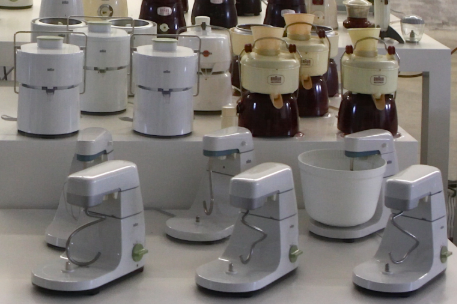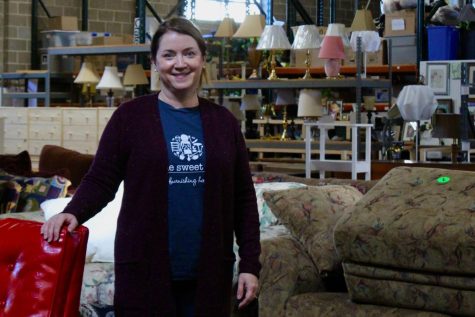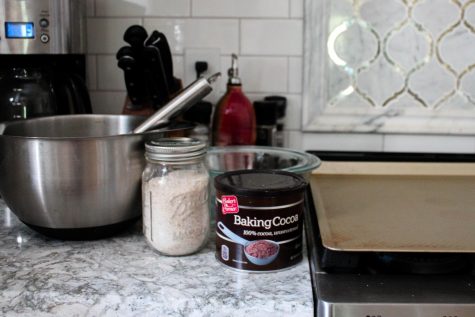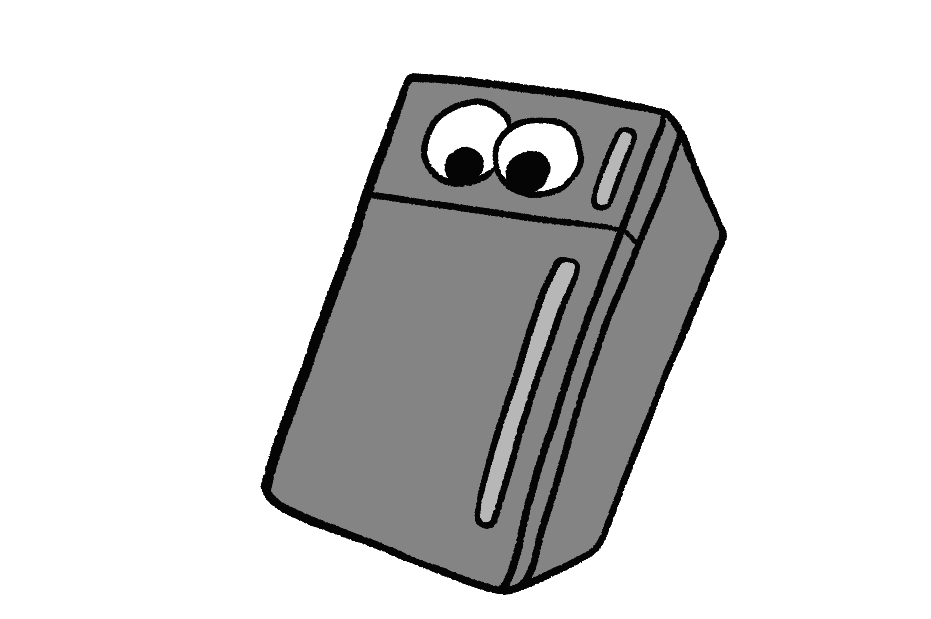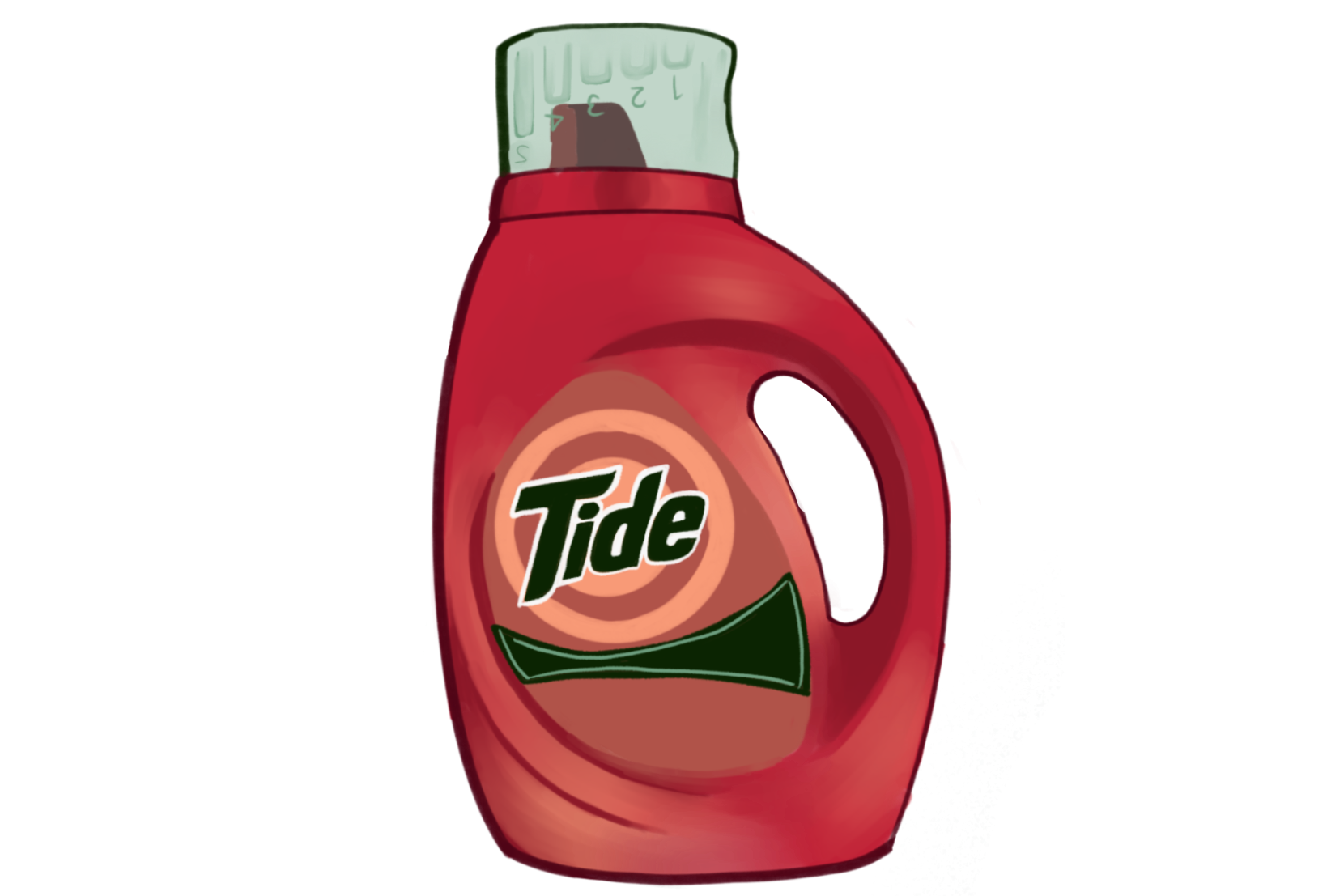

Whether it’s pumpkin spice or vanilla, scented candles are a staple in every teenage girl’s bedroom, with the main ingredient being synthetic fragrances. According to the Environmental Working Group (EWG), fragrance is a word over 3,163 chemicals hide behind, many of which are potent hormone disruptors. Also known as parfum on ingredient labels, fragrance is found in products ranging from cosmetics, skincare, detergent and air fresheners. It is linked with headaches, coughing, shortness of breath, migraines, asthma attacks, dermatitis or allergic rhinitis. U.S. public health authorities report regular burning of scented candles indoors releases detrimental quantities of volatile organic compounds, which can damage the central nervous system. When checking ingredients labels, fragrance* is derived from natural sources, however, fragrance without an asterisk is synthetic and should be avoided.
Other products to steer clear of:
According to the Washington Post, air fresheners, like scented candles, contain volatile organic compounds such as formaldehyde, benzene and toluene, which are associated with different types of cancer.
Alternatives:
Essential oils and diffusers give off a scent without using harmful fragrances. Additionally, not all scented candles are toxic. Look for natural brands that use primarily beeswax and essential oils.

Known as America’s number one laundry detergent, Tide is one of the most popular and widely-used products today. However, this detergent contains high levels of 1,4-dioxane and ethylene oxide, both of which have been classified by the Environmental Protection Agency (EPA) as carcinogenic. According to the Centers for Disease and Control (CDC), 1,4-dioxane causes cancer, kidney and liver damage. In a study, laboratory rats that breathed vapors of 1,4-dioxane developed cancer inside the nose and abdominal cavity, and those that drank water containing the chemical developed liver cancer. According to the EPA, ethylene oxide increases risk of lymphoid and breast cancer. Your skin is the largest and most absorbent organ in your body, and what you put on your skin is directly absorbed into your bloodstream. Don’t be fooled by the clean, fresh smell of your clothes when they come out of the laundry — that is the result of numerous synthetic fragrances. The EWG gives Tide a D grade.
Other products to steer clear of:
Brands like Arm & Hammer, All, Gain, and even “green brands” such as Mrs. Meyers, contain 1,4 dioxane. As a result, many of these detergents are linked to cancers and hormone dysregulation.
Alternatives:
Seventh Generation and Molly’s Suds Liquid Laundry Detergent are A-rated on the EWG website and do not contain harmful chemicals.
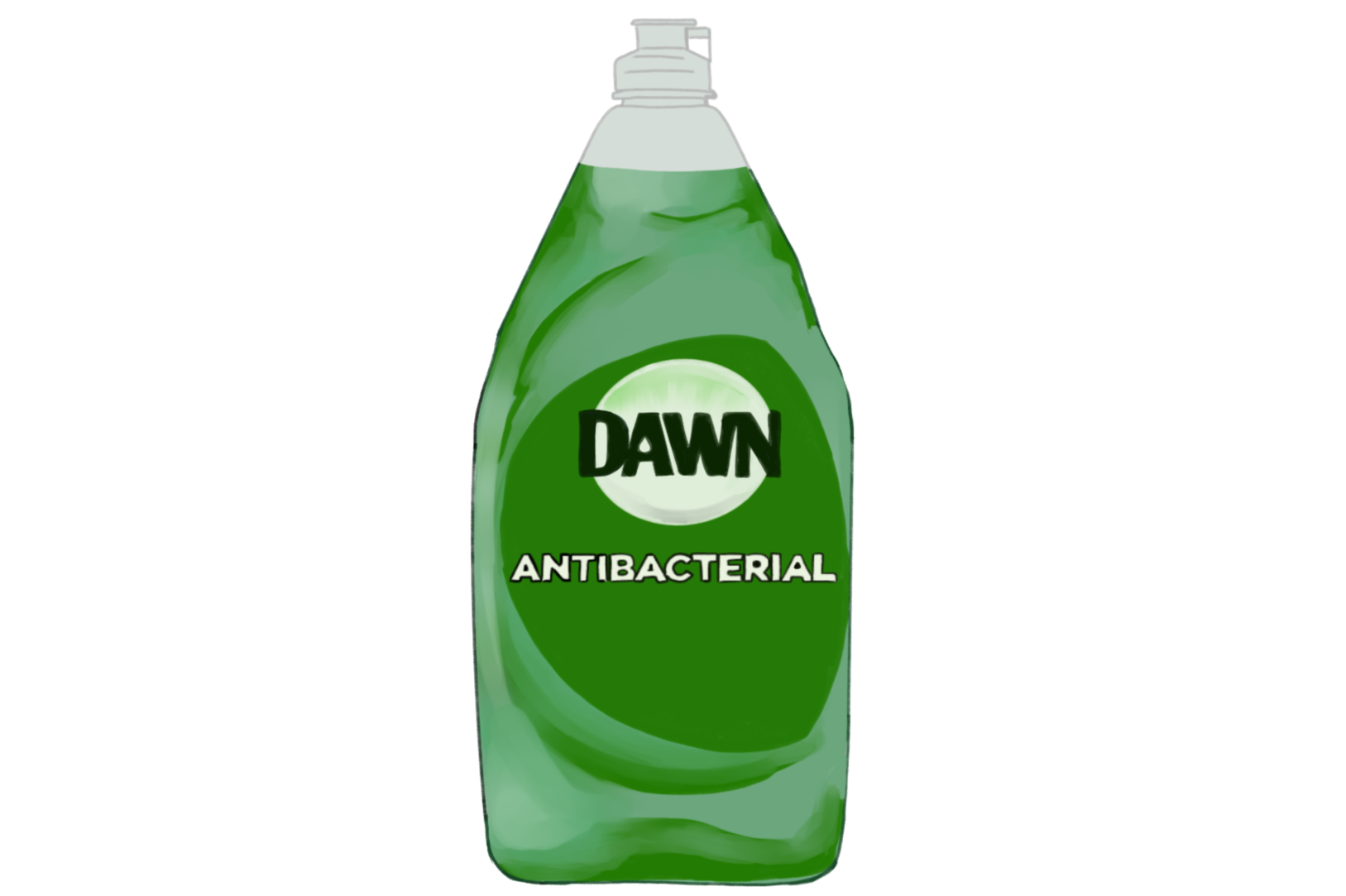
Don’t be fooled by the animal commercials — Dawn dish soap, like Tide, contains cancer-causing chemicals 1,4 dioxane and ethylene oxide, along with fragrance, synthetic dyes, sodium lauryl sulfate, and methylisothiazolinone. According to the National Library of Medicine (NIH), synthetic dyes are poorly biodegradable, harmful to the environment, can cause mutations, metabolic alterations and have carcinogenic effects. Sodium lauryl sulfate, or SLS, is a scrubbing agent found in many toothpastes, shampoos and cosmetics. It is a skin, eye and respiratory tract irritant that is toxic to aquatic organisms according to the David Suzuki Foundation. Meanwhile, methylisothiazolinone is a preservative that has been linked to lung toxicity, allergic reactions and neurotoxicity according to Campaign for Safe Cosmetics (CSC). Disappointed? You should be. The same brand that is participating in a wildlife campaign, uses ingredients toxic to the environment. The EWG gives Dawn a D grade.
Other soaps to steer clear of:
When tested by the EWG, about 65% of dish soaps were found to be toxic. Some of them include Cascade, Palmolive and Ajax.
Alternatives:
Dr. Bronner’s Castile Soap.

According to a Harvard study, the chemicals in plastic leach into the food and beverages we eat. Some of these chemicals have been linked to health problems such as metabolic disorders such as obesity and reduced fertility. This leaching can occur even faster and to a greater degree when plastic is exposed to heat. Refrain from microwaving plastic or using plastic cooking utensils when handling hot substances.
Other products to steer clear of:
Plastic cutting boards should be avoided as scratches on your cutting board means the plastic is getting scraped into your food. Some scientists estimate the average person consumes around 5 grams of plastic a week, about the weight of a credit card.
Alternatives:
Avoid using plastic spatulas and ladles in favor of wood, metal and silicone utensils. When it comes to storing food, use glass snapware instead of plastic tupperware or Saran wrap. Additionally, use wood or glass cutting boards rather than plastic ones.
Your donation will support the student journalists of Kirkwood High School. Your contribution will allow us to purchase equipment and cover our annual website hosting costs.



